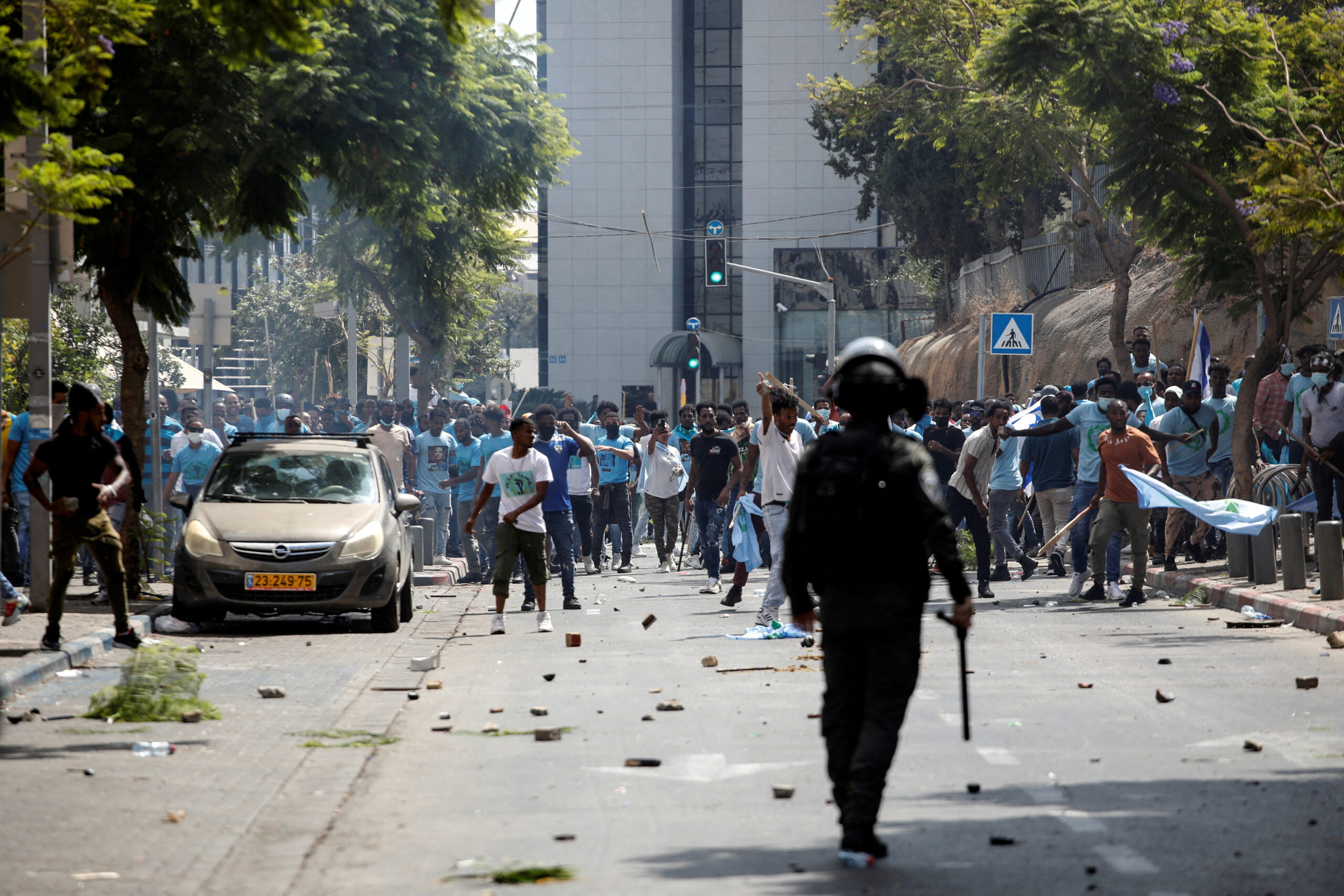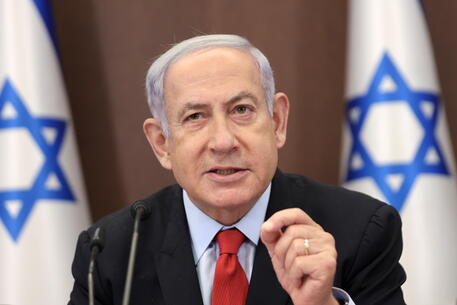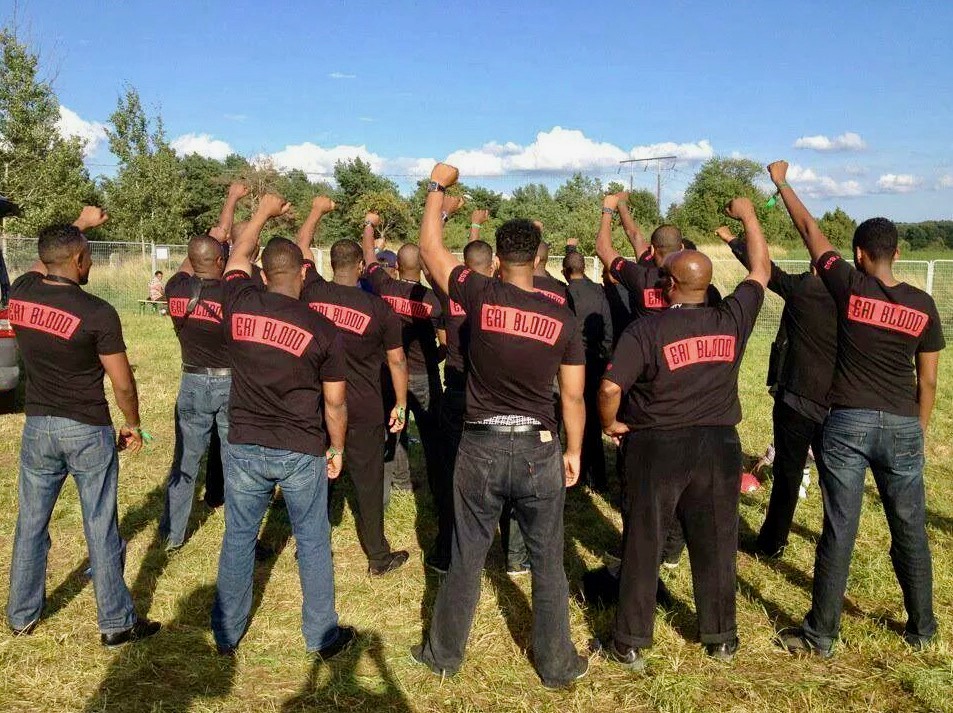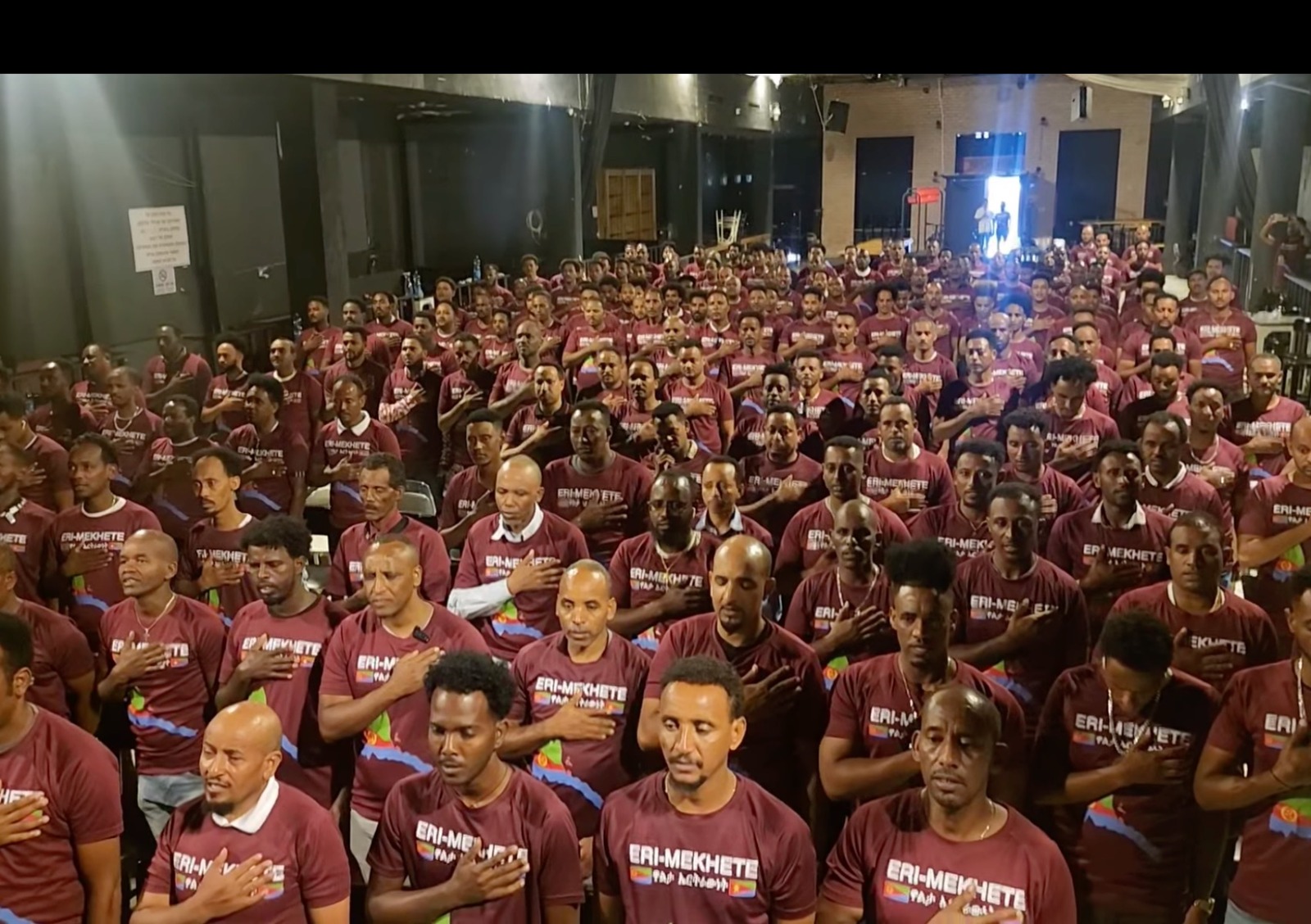 Special for Africa ExPress
Special for Africa ExPress
Martin Plaut*
London, 6th September 2023
The article in Italian is here
On Saturday there was a full-scale riot in Israel, with groups attacking each other with poles, bricks and anything else they could lay their hands on. The fighting on the streets of Tel Aviv left at least 160 people injured, with eight in a serious condition. Almost 50 police officers were also injured, most suffering from bruises and other injuries caused by stone-throwing.

Riots in Tel Aviv between Eritreans
Yet the clashes had nothing to do with the country’s perennial problems with its Palestinian population or neighbouring Arab states. The violence took place between groups of Eritreans refugees who have fled to Israel. Yet so deep are the differences within the Eritrean exile community that they have been prepared to attack each other – even with firearms.
Prime Minister Benjamin Netanyahu reacted by calling for Eritreans involved in the violent clashes to be deported immediately. He went on to spell out what he was calling for.
“Today, at the special ministerial team that I established, we sought several quick measures, including the deportation of 1,000 supporters of the regime who participated in these disturbances. Of course, they have no claim to refugee status. They support this regime. If they support the regime so much, they would do well to return to their country of origin.”

Here lies the clue to what the protest was all about. The Prime Minister was right in pointing to the fact that one faction were Eritrean government supporters, who had no real reason to be seeking asylum in Israel.
The Tel Aviv riot was a pre-planned event between Eritrean government supporters and their opponents among the Eritrean exile community.
Deep divisions in the diaspora
Eritreans who support the government of President Isaias Afwerki – among the most ruthless dictatorships in the world – have been staging a series of what are termed ‘festivals’ across Europe and North Africa all summer. These events are organised by Eritrean embassies in co-operation with local supporters of Eritrea’s sole legal party – the People’s Front for Democracy and Justice, or PFDJ.
They bring together members of the local community to dance, sing and eat Eritrean food. But they are far more than cultural events. They have been held since 1974, when they started in the Bologna. As an Eritrean blogger put it: “For all intents and purposes, Bologna was Eritrea’s second city.”
There were football matches with teams representing the many countries in which the exiles lived: Italy, Germany and Sweden, or else the cities they were resident in: Milan, Florence and Bologna.
Eritreans held the Bologna festival in great affection, but from the start the celebrations had another purpose. They were designed to bind the exile community to the ruling party – a process that was cemented after Eritrean independence in 1993. With loyalty came a second objective: to raise funds for the fight to be free from Ethiopia and – once this was achieved – to pay for the government programmes initiated by President Isaias.
To do this the president sent his most senior ministers and officials to speak at the events.
In 2014, the fortieth anniversary of the first Bologna festival, the PFDJ held a three-day festival in the city. Key figures from the Eritrean government were invited including YemaneGebreab, political director of the regime; Yemane Gebremeskel, the director of the Office of the President and Osman Saleh.
Clashes between rival Eritreans
Infuriated that the Eritrean leadership could make their presence felt so directly in a city in which so many exiles had sought sanctuary, members of the opposition confronted the festival organisers directly. The response was violent, with a pro-government security force, identified as “Eriblood”, photographed with their fists in the air, beating up the protesters and driving cars at them.

Since the 2014 protests the pro and anti-government protests have grown in intensity. This year has seen clashes across the globe, from the USA to Sweden, Switzerland, the Netherlands, Germany, the U.K. and – last weekend – to Israel.
The groups involved are now more carefully prepared
On the government side ‘Eriblood’ has been replaced by two groups: Eri-Mekhete and 4th Front – both backed by Eritreans who support President Isaias. “Mekhete” is a Tigrayan word suggesting that you will fight back against anyone who attacks you. The 4th Front is the exile community who are expected to raise funds and discredit the opposition.
Ahead of Saturday’s clashes in Tel Aviv images appeared on social media showing Eritreans pledging their loyalty to Eri-Mekhete and President Isaias.
The challenge was taken up by two movements which brings together opponents of the Eritrean regime.
Bright Future (led by BeyeneGerezgiher) mobilises Eritreans who openly challenge the regime, publishing names and contact details of contacts around the world.
The second is Brigade Nehamedu (roughly translates as being ready to fight and sacrifice). This is a more informal grouping which uses social media to organise its supporters. It describes itself as “an Eritrean a protest response to the renewed aggressive, hateful and warmongering PFDJ propaganda and fundraiser event[s] billed as “Eritrean Festival[s]”.

Between these groups supporting and opposing the Eritrean government brought together the hundreds of Eritreans who came out on the streets of Tel Aviv last weekend. The clashes that followed were inevitable.
Ahead of the event the Eritrean democracy movement wrote to the Israeli police, calling for the ‘festival’ to be cancelled “to prevent violence that endangers human life.”
The warning was ignored and the event was held with predictable consequences.
The Eritrean government, stung by the threat to their hold on the Eritrean exile community, and Prime Minister Netanyahu’s remarks, issued a statement declaring that the clashes were “futile acts of subversion – perpetrated through surrogate and rogue groups.” The statement blamed the clashes on foreign intelligence agencies, including the Israeli secret service, Mossad.
The accusation has little credibility. Sufficient anger and frustration has been generated in the Eritrean diaspora to keep these protests and counter-demonstrations on the boil.
As long as the Eritrean government is set on maintaining its ‘festivals’ and young exiles are determined to shut them down, the clashes seem certain to continue.
Martin Plaut
*Martin Plaut is a journalist and academic specialising in conflicts in Africa, especially the Horn of Africa. He worked as a BBC journalist from 1984 to 2012 and is a member of Chattam House.Inst As of 2019, Plaut was a senior research fellow at the Institute of Commenwealtg Studies of tte University of London.
Violence against women: the hell of Elsa, Lula & the others at Sawa, the rape camp in Eritrea
